Centering Transgender and LGBTQIA Voices
Note: This was originally published in our bi-weekly e-newsletter, Liminal Spaces. To get future issues delivered to your inbox (and get our ebook for free!), sign up here.
Season three of Holy Heretics Podcast drops on October 18!
We are dedicating this season to marginalized voices, underrepresented individuals whose social, economic, sexuality, race, body type, physical abilities, or gender have kept them on the periphery of spiritual conversations. Many of these folks left the church or were muzzled by institutional religion for not conforming to conventional Christianity. And even if your religious community is diverse, it’s often hard to hear dissenting voices because we may not be listening.
As human beings, we naturally gravitate toward people who look, talk, and believe like us. But in the process, we create echo chambers confirming preconceived biases and beliefs. Meaning that without knowing it, we create closed-loop conversations about almost everything, including spirituality. If I am honest, I have to admit that even as a progressive, inclusive Christian, I am still myopic. I’ve been trained to see and BE the center. White North American Christians, especially those of us from the privileged strata of society, must come to terms with the fact that our spirituality is malformed by conventionality, that we are the beneficiaries and participants in a fixed, orthodox belief system at the expense of heterodox voices. But people on the periphery, those victims of our forced conformity, have the ‘eyes to see’ what many of us at the center simply cannot see without their guidance. “To be in the margin is to be part of the whole but outside the main body,” writes Bell Hooks. Which gives those on the outside a different vantage point, as well as the power to create change.
Diversity, equity, and inclusion matter in all areas of life, but especially spiritually. We need diverse and dissenting voices to save us from ourselves. Because it was Reformed orthodox Christians that made a religious case for South African apartheid. It was the Southern Baptist Convention that created slaveholder religion and fought racial integration. And today, the most popular megachurches in America are normalizing Christian nationalism, conspiracy theories, and a cult-like following of one of the most depraved politicians in human history. There is a reason liberation theology came from Latin America and not North America. There is a reason the homogenous masses are almost always wrong.
Creating a community of inclusion requires active, intentional, and ongoing engagement with diverse voices and bodies where everyone feels an authentic sense of belonging. One way to evaluate whether or not you are centering marginalized people is to ask yourself these questions. Do I have friendships with people who are socially, sexually, racially, and economically different than me? Am I allowing myself to be changed by knowing them? And secondarily, who am I reading? Do I read works from people whose gender, race, class, and religious affiliation are different from mine? If not, why not?
Real change almost always comes from outside the camp, from the outlandish periphery. Maybe that is why God chose to be born in a backwater town on the outskirts of the Roman empire as a poor, brown, colonized, refugee. God loves the margins because God was marginalized. It was Jesus’ second-rate existence that allowed him to see and feel what those at the center of society were sheltered from and thus callously indifferent to. As theologian Marcus Borg reminds us, “Jesus was a teacher of a world-subverting wisdom that undermined and challenged conventional ways of seeing and being.” A wisdom birthed on the borderlands.
If we who are at the center really want to hear this God we say we love, then we’d better move to the margins, because that is where God lives, speaks, moves, and has her being.
Amen.
Gary Alan Taylor
The Sophia Society

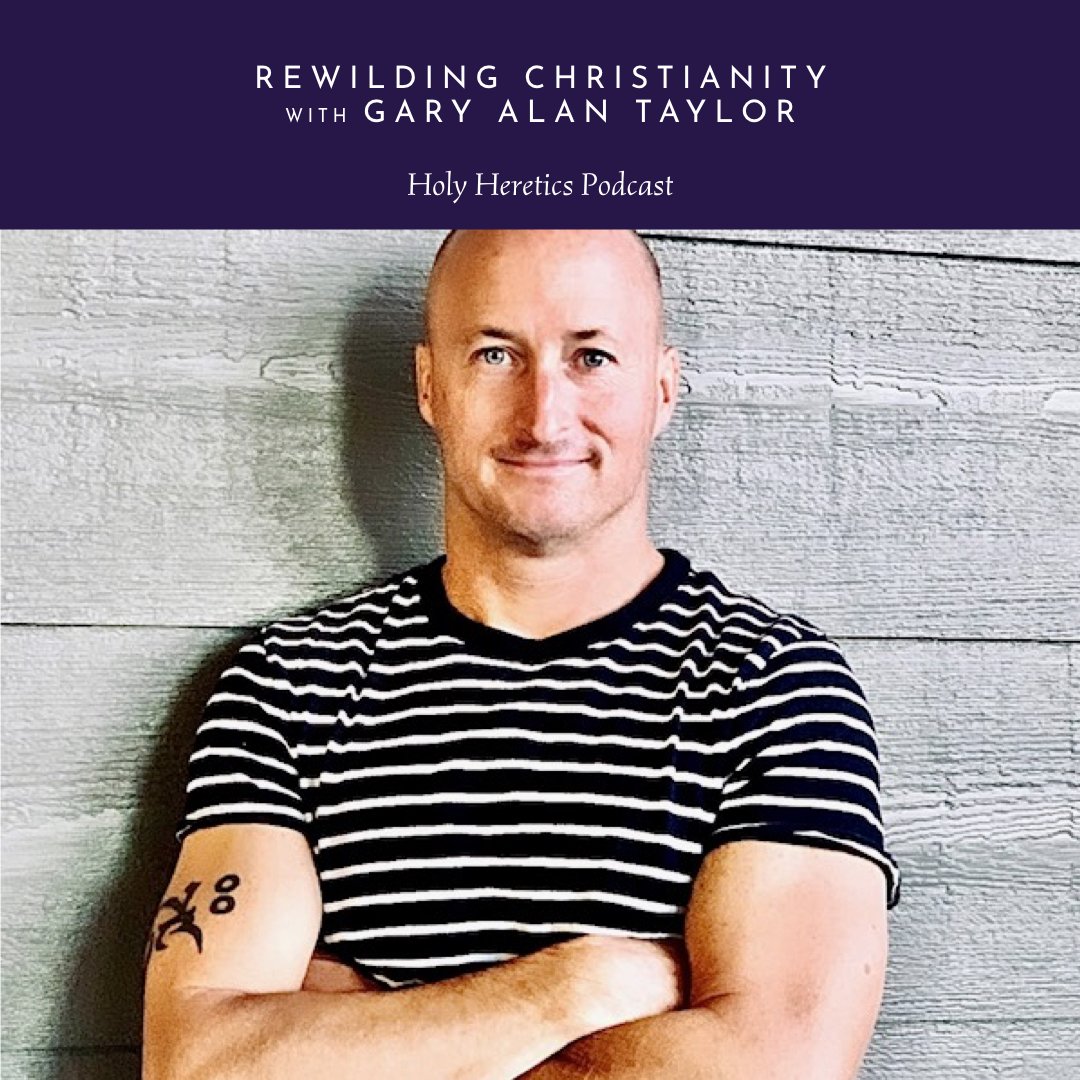
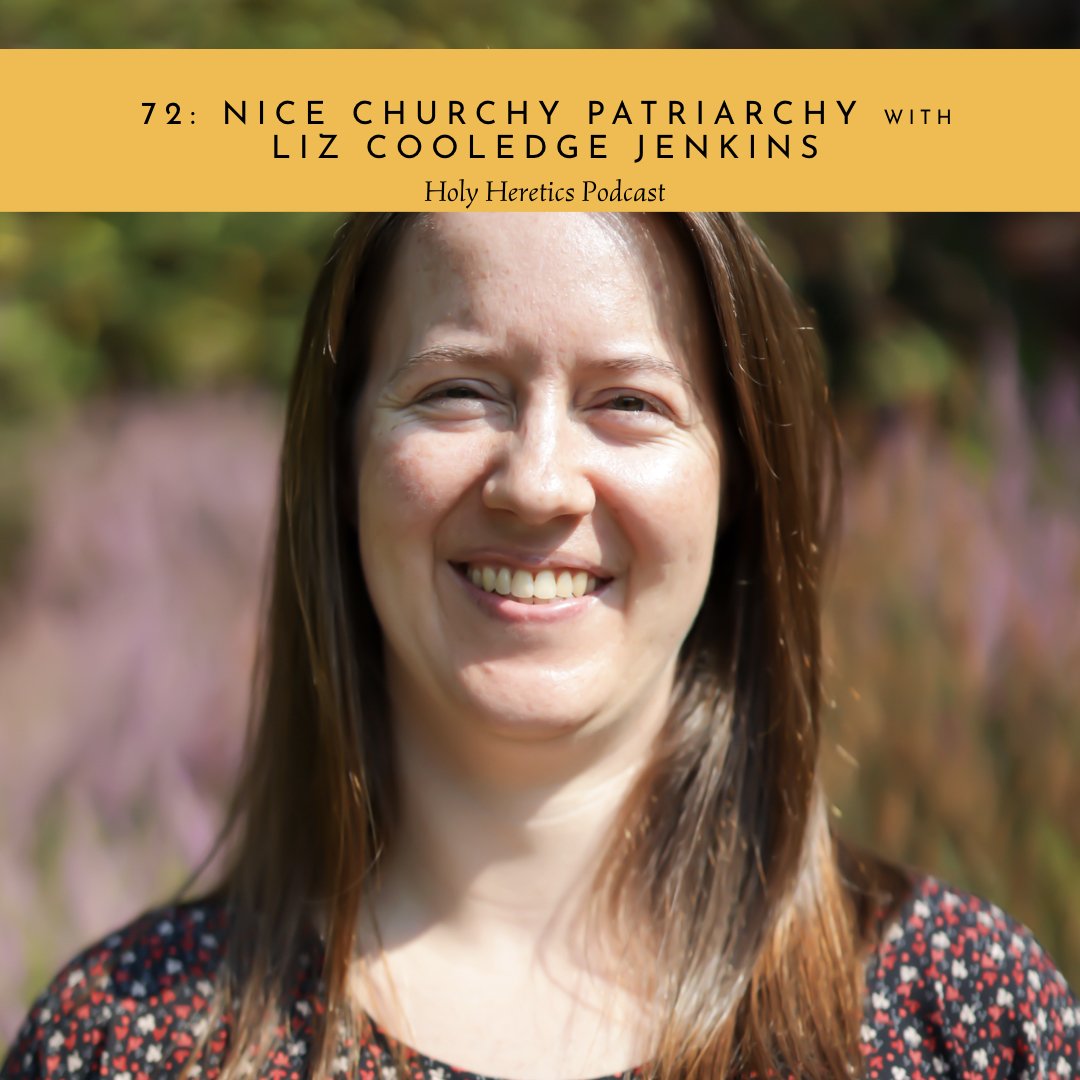
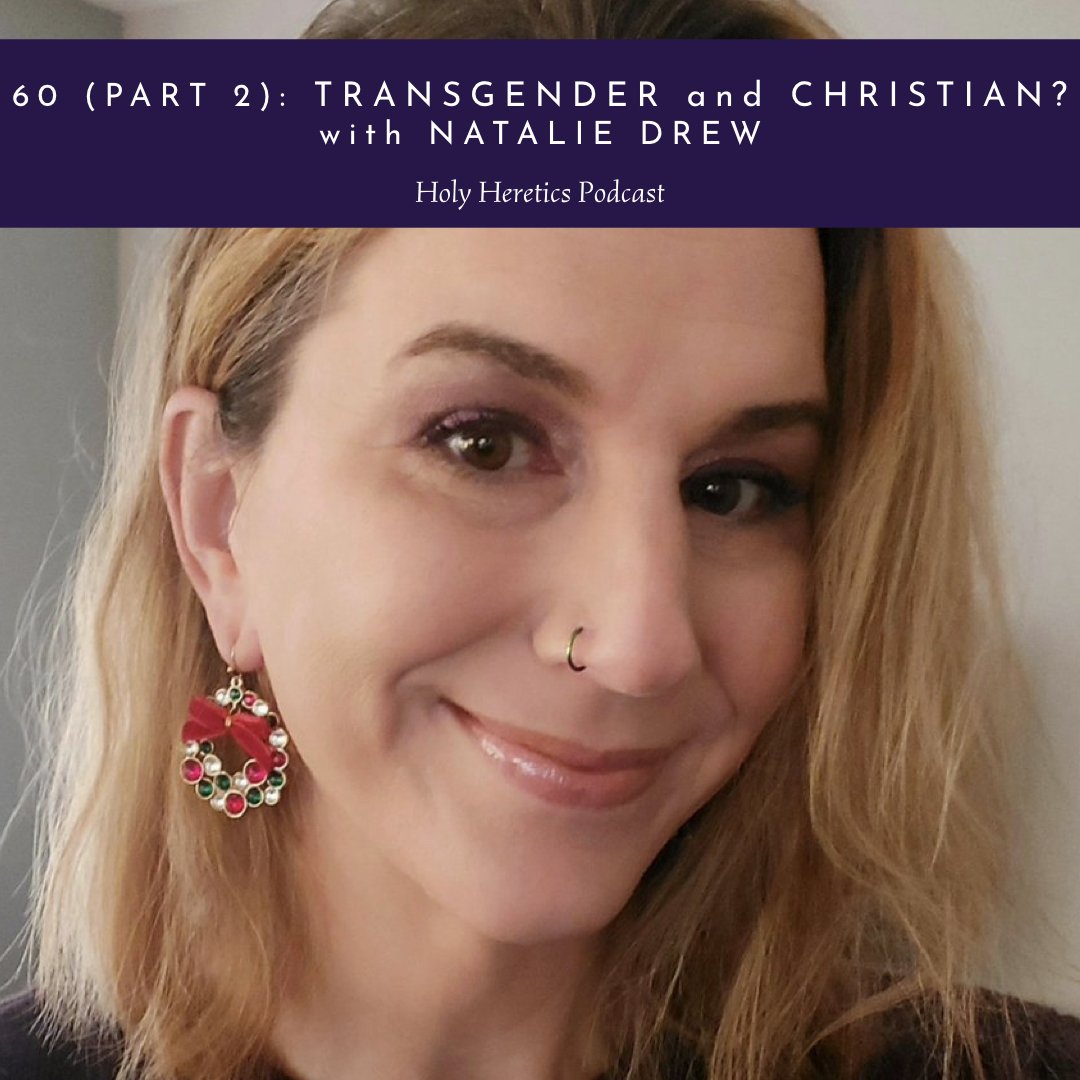
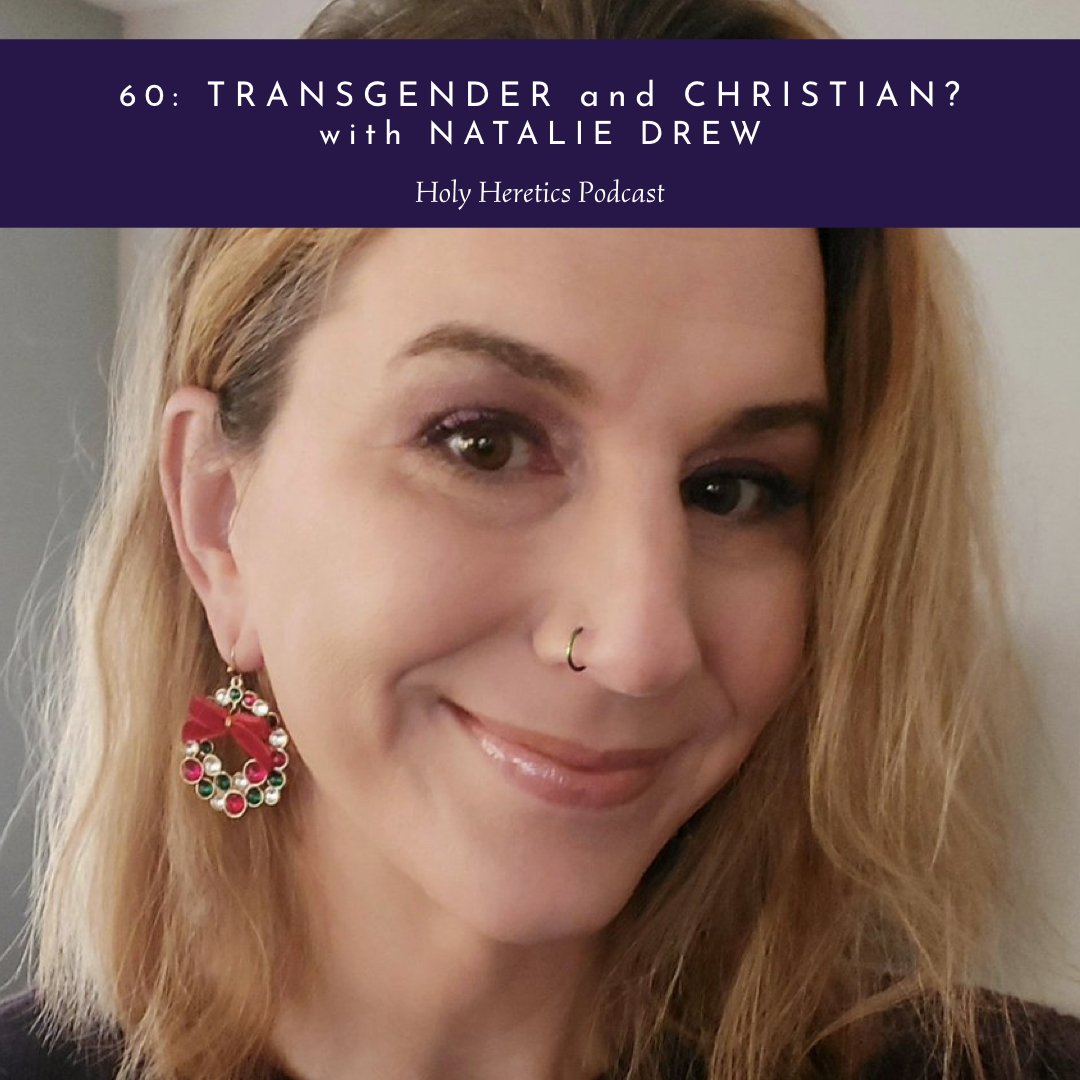
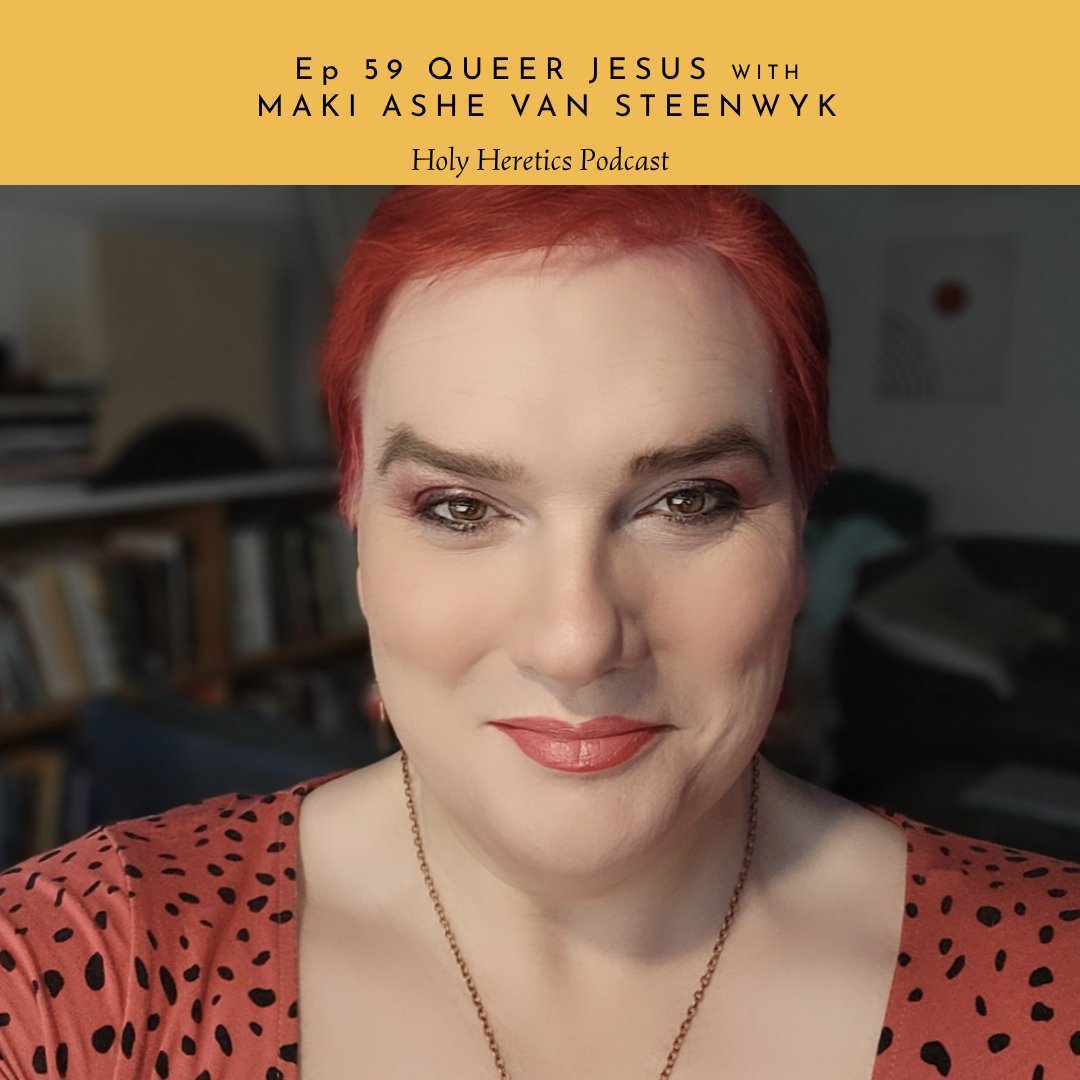
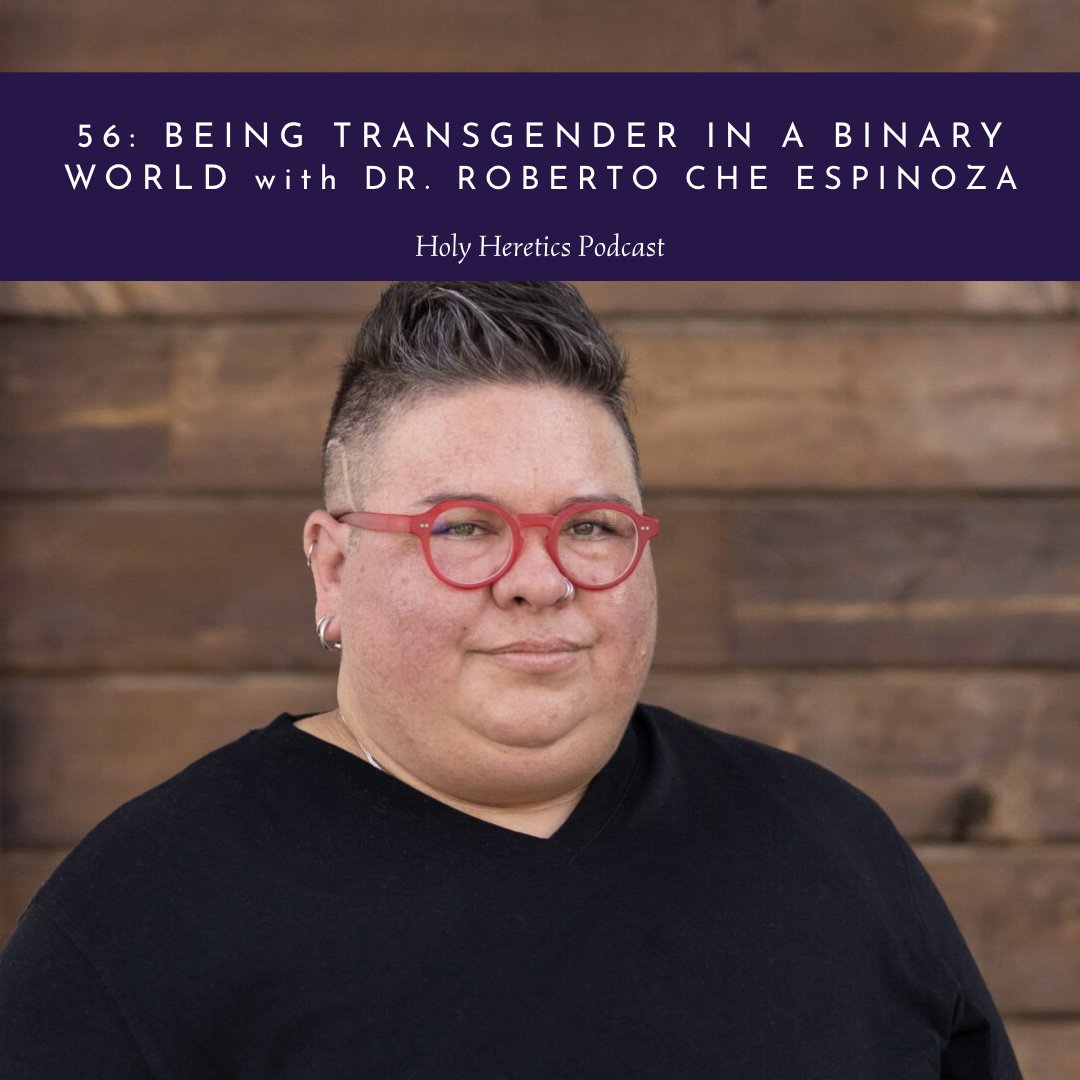
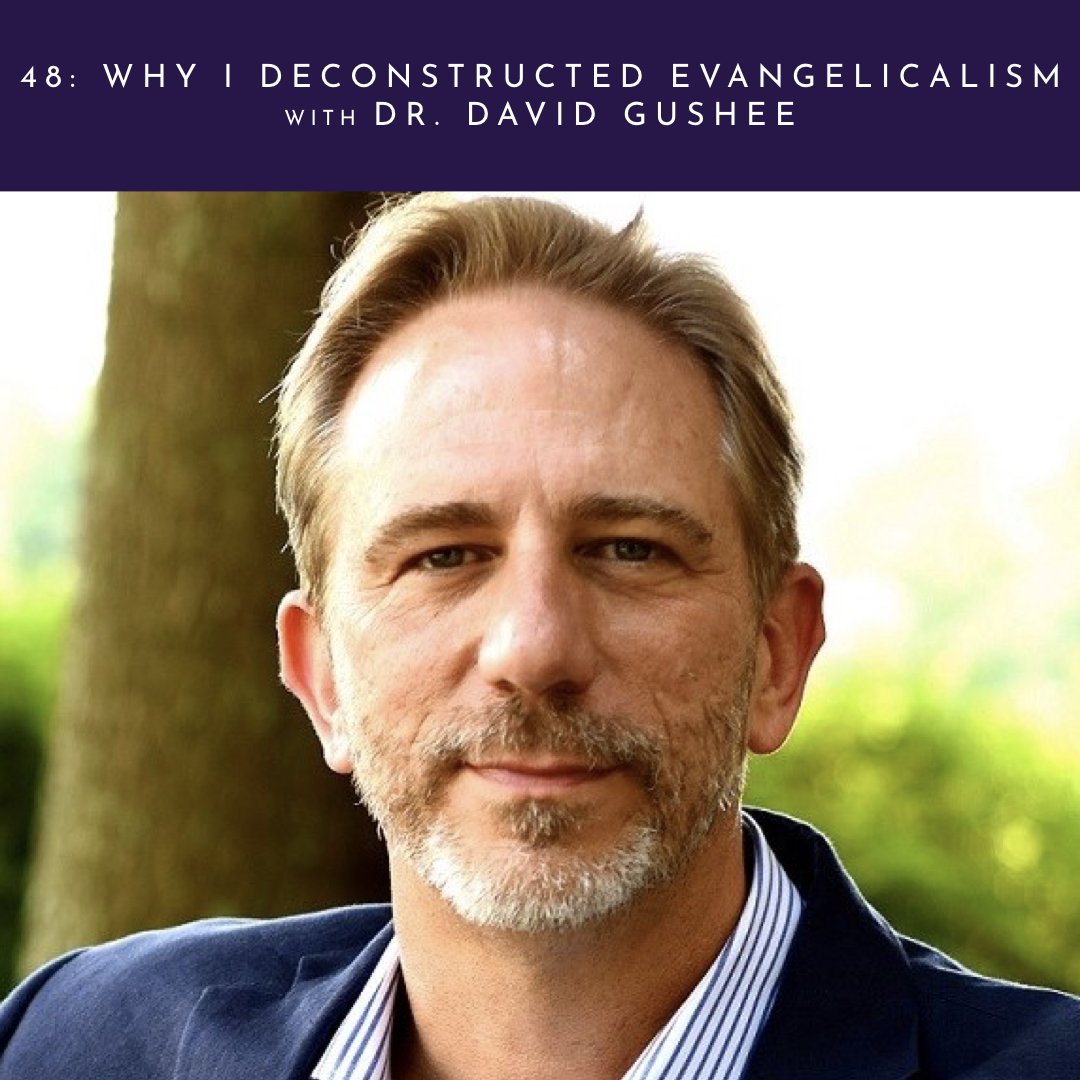
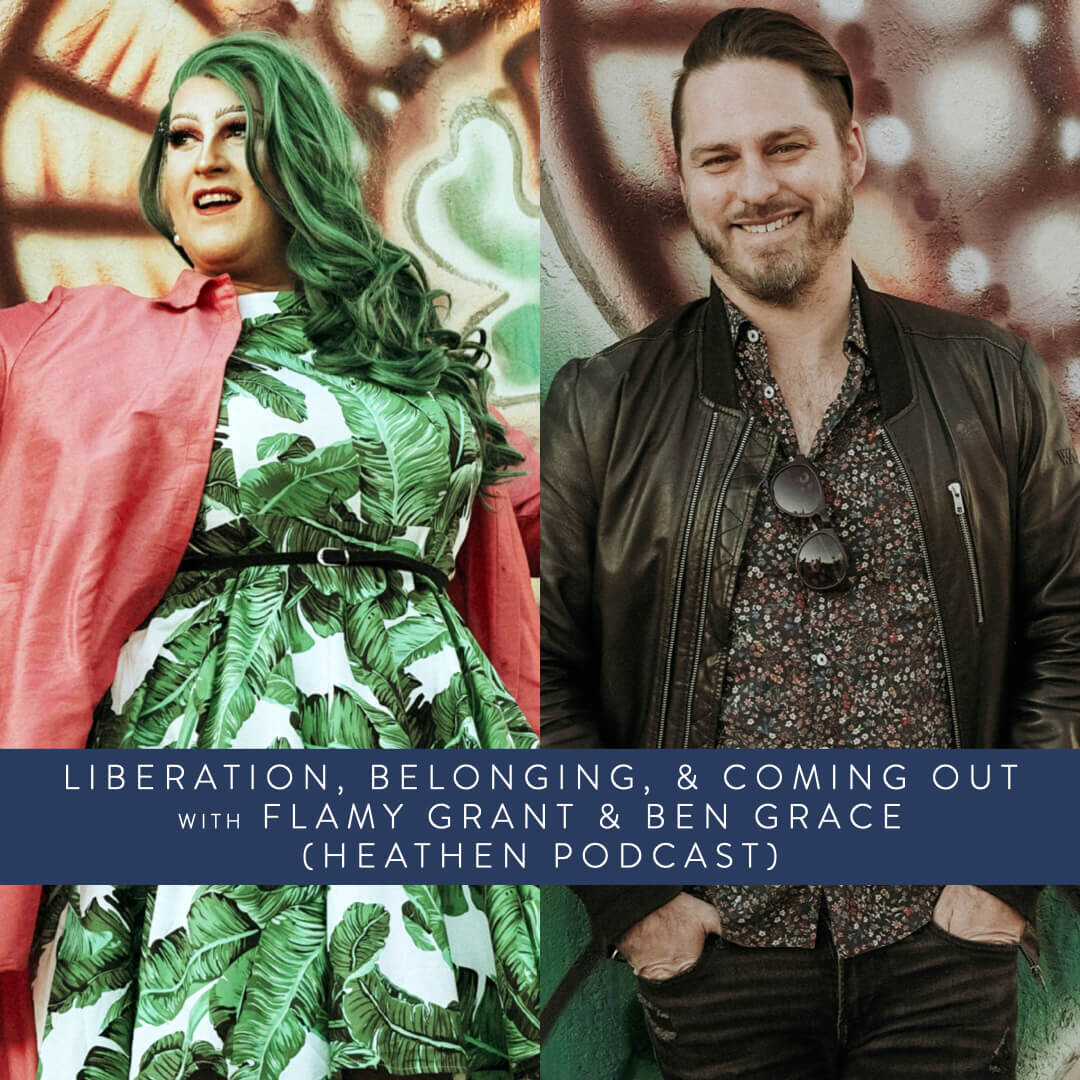

I realize that a lot of our episodes lean toward the scholarly and the erudite, but this is not one of those. This conversation is personal, real, and raw. In fact, this is our 90th episode on Holy Heretics, and it may just be our most candid, open, and vulnerable conversation to date as we discuss how to heal and find peace with yourself post-evangelicalism.